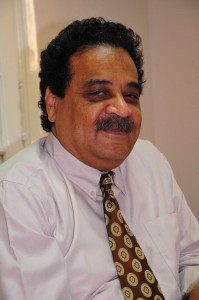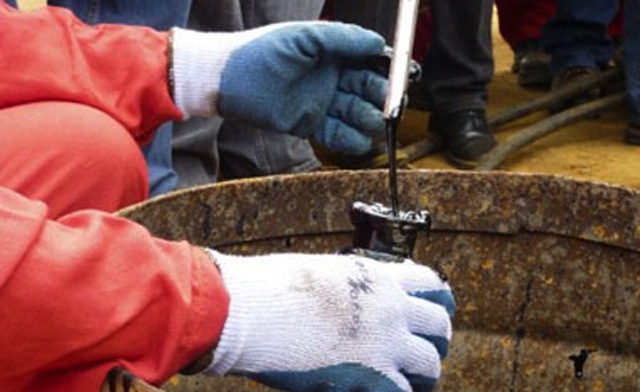
During recent weeks, different democratic entities have insisted that a presidential candidate must have clear programmes and political directions so that voters have sufficient information regarding their experience in office or public administration or civil societies. This is especially important if the candidate is not a known political figure with a known public history. We believe that a growing number of Egyptians are starting to adopt a method of surveying candidates according to their programmes, and hence weigh their suitability according to the publicised political programmes. Consequently, the role of the democratic entities is to announce certain standards according to which it can support one candidate or another, especially the democratic parties which did not present a candidate from their own members.
Therefore, according to this framework, we will try to generally outline our demands from the presidential candidates according to our strategic inclinations.
First, they should be dedicated to the concept of free and fair presidential elections and refuse the involvement of state apparatus in any steps of the election process.
Second, candidates should adopt a developmental strategy that considers the middle class with all its levels as the main target for progress. This would entail dealing with the savage kind of capitalism that considers major investors only as a target for development – a strategy that was amplified during the Mubarak’s last years by Gamal and the policy committee group. This led to the poor becoming poorer and the rich richer without any vision towards widening the market and guaranteeing social security.
Favouring the middle class does not mean just supporting it, but also improving its social standing and increase its capacity to assimilate poorer socio-economic classes. This will help improve the living conditions for many people, increase growth levels, liven economic conditions, increase production and widen the market.
Third, presidential candidates should consider democratic methods the only way to achieve stable social justice, because granting the people liberty is the only way to allow criticism and maintain accountability, while conserving economic and political rights. Liberty will also regulate negotiations between the rich and the government, while organising those with demands and making sure they get their rights. At the end, a sound political system with the needed rights, liberties and election process is the only way that can ensure social and political progress.
Fourth, candidates should have clear values and principals concerning democracy, modernity, human rights and enlightened culture. Most importantly, they should have clear views concerning the values of citizenship, equality and impartiality concerning race, gender or religion.
Fifth, candidates should be dedicated to ensuring Egypt’s independence and conserving international and regional relations while keeping the country’s stability and guaranteeing its rights. They should also respect all of the international agreements that Egypt has ratified and work towards improving the country’s relations with African and Arab countries.
Given the points above, the next president should carry out the following during his term:
– Purposeful training of police officers and conscripts with the intention of raising their calibre.
– Supporting detective units and criminal investigations with all the necessary modern methods and human expertise.
– Improving professional framework and applying transparency principals and accountability.
– Announcing war on terrorism by confrontation rather than a security strategy that leads to regenerating terrorists and involving the security apparatus in all of the country’s issues.
- Improving living and social conditions for lower and middle classes by removing freedom-constricting laws, and passing new laws that allow peaceful protesting, fair elections and ensuring union rights and freedoms.
- Reopening closed factories and working out the workers’ problems to ensure increased production.
- Supporting the tourism sector to enable it to operate at full capacity.
- Supporting exports, investment in poor areas, projects that depend heavily on a workforce, and programmes concerned with improving manufacturing and small- and medium-sized enterprises.
– Improvement of the state’s administrative apparatus:
- Providing training for all employees.
- Holding municipalities’ elections as soon as possible to ensure supervision over local governance, which is considered the core of the state administrative apparatus.
- Improving the professional framework of the apparatus and applying principals of transparency and accountability to all employees.
– Improving the service sector, especially when it comes to education, health and public transport, through correct usage of the available infrastructure. This can be done through accurate supervision of the municipalities’ performance in these services in different locations, while improving the quality of the workers and their working conditions.
– Giving special attention to the water crisis and working to guarantee Egypt’s rights over the Nile. In addition, spreading awareness concerning the correct usage of the available water and investing in projects that facilitate this like purifications of canals and constricting rice farming, etc.



